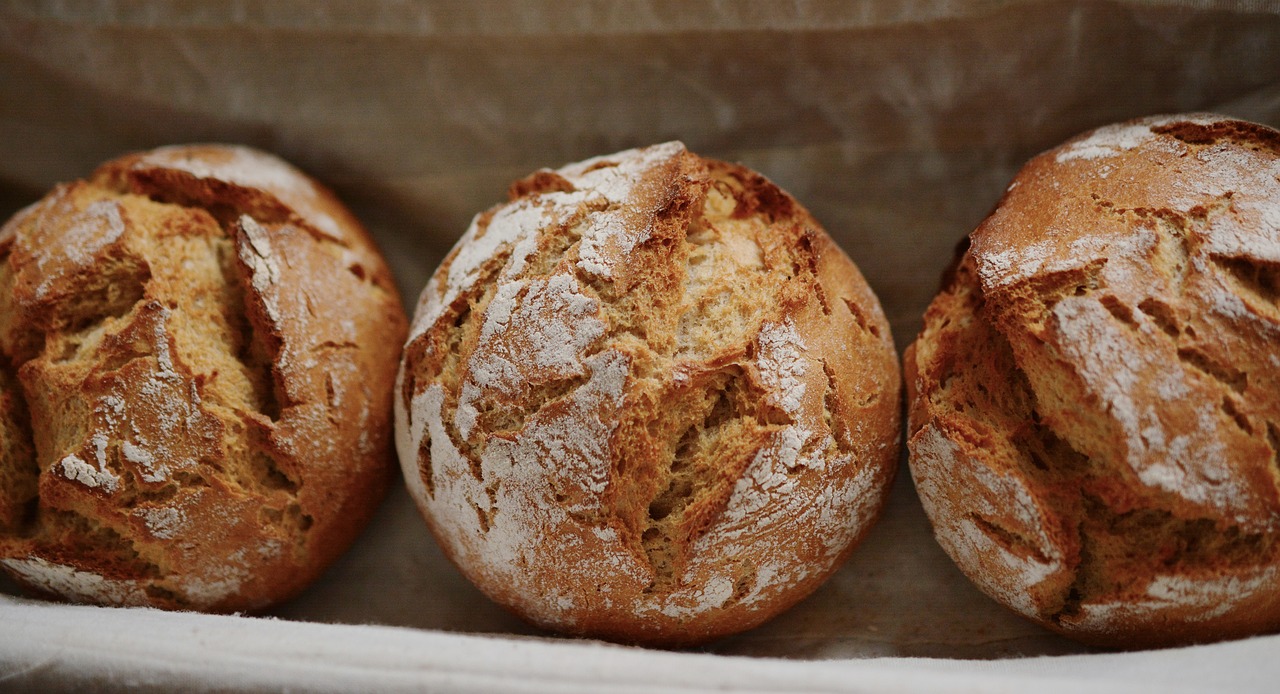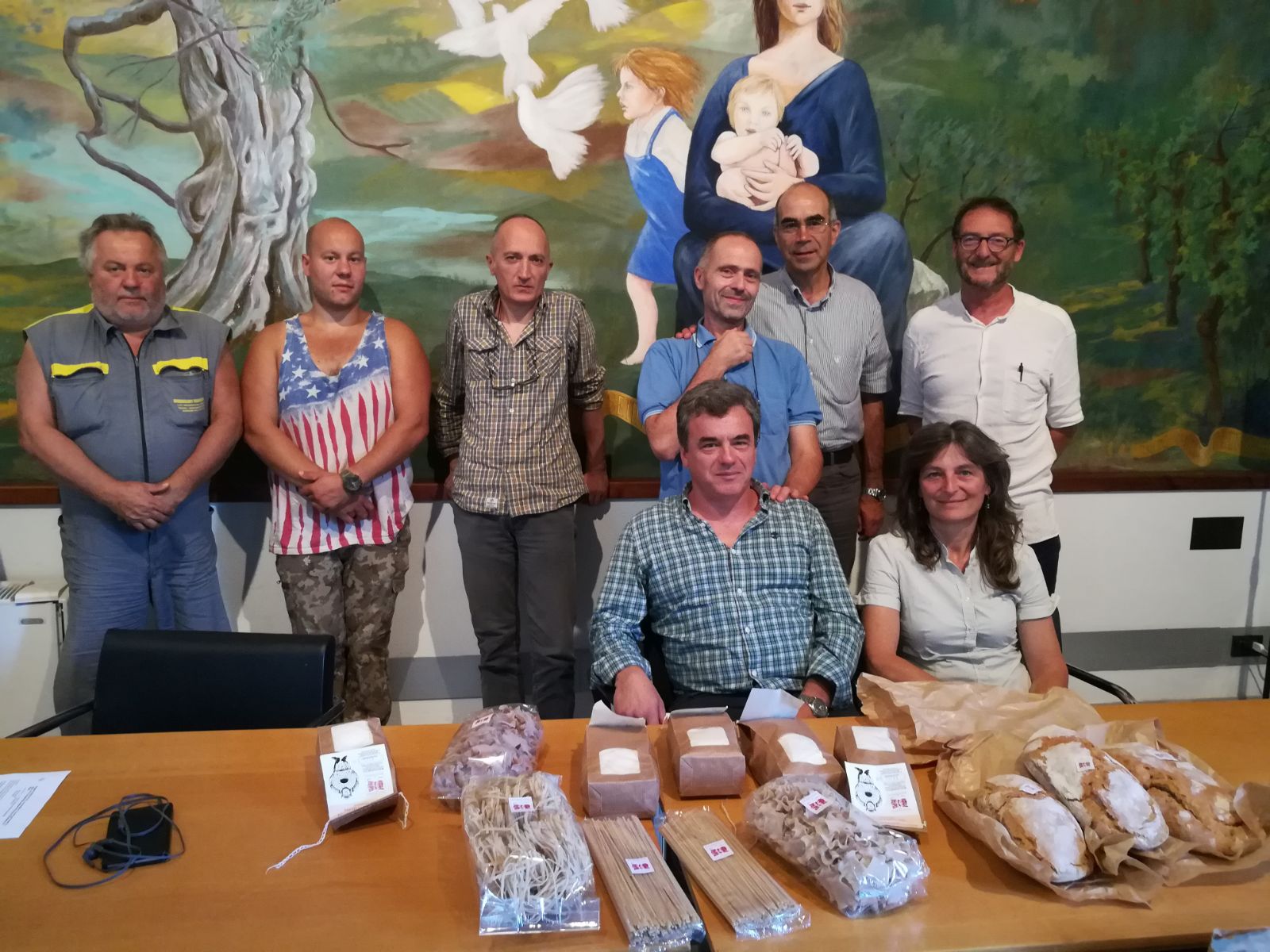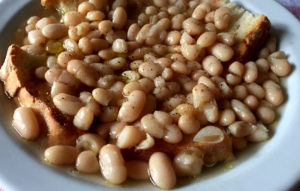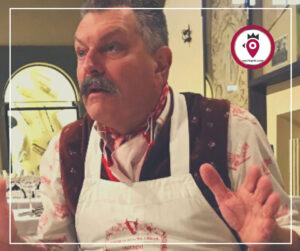Articolo disponibile anche in: Italian
In the countryside of Chianti and Valdelsa, you can find a bread which emits the perfume of land and antique grains: good, healthy, and genuine bread like that baked in the past. This bread will enrich school lunches.
The Township of Barberino Val d’Elsa is taking the first steps to create, promote and distribute the new production and identify with the food culture of the territory with local farms.
The “Pane (bread) di Barberino Val d’Elsa” is at the center of a new project created by the assessor of productive activities, Silvano Bandinelli, and is centered on the recuperation and use of antique grains.

The object of the project is to use products from 0 km and produce bread in Barberino. During the initial phase, the aim of the Township is to encourage farms to build a network interested in taking on this activity and creating an operation which stems from cultural promotion, valorization and the protection of organic production.
Bread resulting from the cultivation of antique grains is not only rich in organoleptic proprieties but is highly digestible.
“This is a product that can be distributed in our lunch rooms,” explains the assessor. “It will contribute to affirm the gastronomic tradition of Chianti in the world, a goal possible also thanks to experiences already consolidated by the pasta company, Fabbri, of Strada in Chianti, by Villa Montepaldi in San Casciano and by the “Panaio”, owned by Giuseppe Scialabba in Mercatale”.

The next step will be the creation of a discipline which has the function of safeguarding and controlling the productive process in respect to norms and procedures and the prevision through which urban regulation of specific areas for this activity already exist.
Together with the assessor Bandinelli, the following were present: the farmers, Fabrizio and Luca Giubbolini and Lorenzo Rizzotti, Giulio Gualandi, president of the Associazione Grani Antichi, the baker, Mauro Panchetti and the owner of the Mulino di Montespertoli, Marco Paciscopi, as well as the university professors, Stefano Benedettelli and Ginevra Lombardi.


